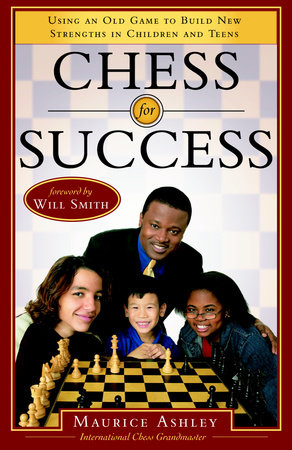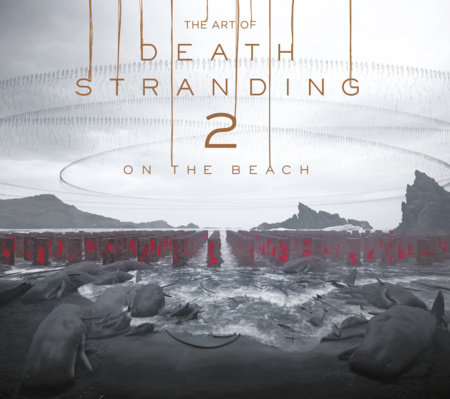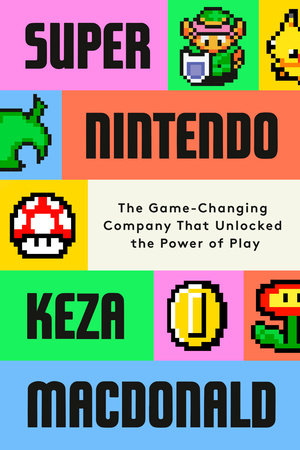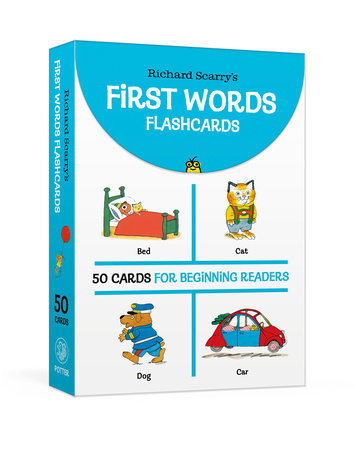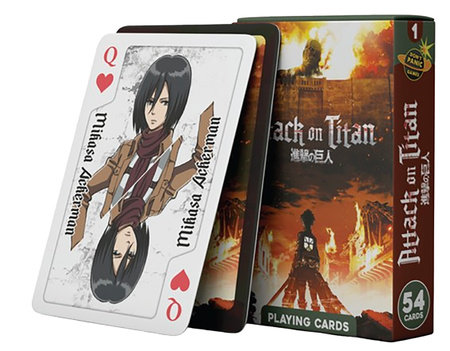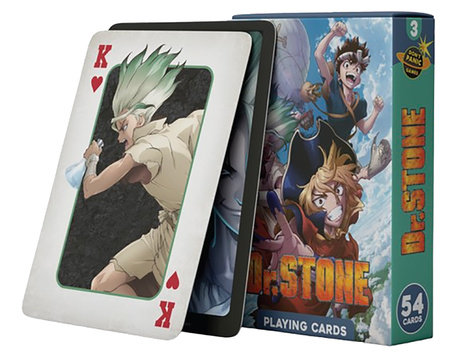The first African American grand master of chess has an amazing story to tell: how chess saved him from the lures of street life. Now, Maurice Ashley shows parents and teachers how to get their children involved in the age-old game of chess, and attain skills that will help them in the modern world–from the classroom to the boardroom and beyond.
Recently, Maurice took time from his busy schedule to tell BLACK INK more about his book, the role of chess in his own life, and the first female African American grand master.
Black Ink: How did you start playing chess, and when did you realize you had a special talent?
Maurice Ashley: I really got hooked on chess in high school (Brooklyn Technical) when a friend of mine kicked my butt! I saw a book in the library and fell in love. I never really thought about having a special talent; I just wanted to get really good at the game, so I studied every book I could get my hands on.
BI: You were the first African American grand master in Chess. What was that like, and how are you helping children in urban areas develop their chess skills?
MA: I’m thrilled to be the first African American grand master. It means that there will be a second and a third, etc. I travel around the country speaking to young people about the benefits of chess and about the importance of working hard to realize their dreams. Right now I am working with the top African American girl in the country to realize her dream of becoming the first Black female grand master.
BI: What are the top three things children can learn from playing chess?
MA: I don’t think it’s just three, but I would say I’m most impressed by determination, planning, and focus. And I have to add flexibility.
BI: Chess has certainly transformed your life, and I can imagine that after reading your book, many parents will be eager to have their children learn the game. What are some ways to encourage your children to learn chess?
MA: It really doesn’t take much to get a child started. Chess has the wonderful power to fascinate almost everyone. It’s as simple as buying a nice chess set (www.chesscafe.com) and putting it on any table in the house. Trust me, your kids will want to know what the pieces do!
Also, I would recommend you rent the wonderful movie Searching for Bobby Fischer. Kids always fall in love with chess after watching that movie.
BI: What if a child is only interested in video games or television–can they also be turned on to chess?
MA: As I mentioned, chess has an intriguing quality to it. It has been around for over 1,400 years for a reason. It is ideal for all game players, especially those who play video games, because it can be very competitive if you let it. As far as the TV crowd, all I can say is that the sooner you get them hooked on chess, the better.
BI: You’ve played chess with a great variety of people throughout your many years at the top of the game. What was your most memorable match? Who do you enjoy playing chess with the most now?
MA: Of course, I’ll never forget the day I won the game that made me a grand master. I played against a Romanian International Master named Adrian Negulescu. I was incredibly nervous at the beginning of the game. But somehow a great calm came over me during the game, and I was able to go for it and win.
These days I mostly play online. I can get on anytime, day or night, and find great players to play. It’s hard to do that in my neighborhood since there isn’t another grand master around for miles.
Common Myths About Chess
Myth 1: Chess is hard to learn.
Reality: The average person can learn all the rules of chess in less than an hour. Kids as young as four years old are ready to learn to play, while most six-year-olds will have no difficulty picking up all the rules in one or, at most, two sittings.
Myth 2: Kids are intimidated by the game.
Reality: The truth is that adults, holding fast to the belief of Myth 1, are far more intimidated by chess than kids are. To them, chess looks like a cooler version of checkers.
Myth 3: Chess is for nerds.
Reality: In this country, it’s generally the case that anything cerebral is thought of as nerdy. In the worst case, this even applies to getting good grades in school. This image of chess does not hold sway in most countries around the world where the game is hugely popular and gets the sort of respect soccer does. Corporations clamor to sponsor major chess tournaments because of the pluses of aligning brands with the game’s intellectual image. In the United States, the nerd image will be very hard to shake. But when superstars like Will Smith, Jamie Foxx, and Madonna, just to name a few, show their love for the game, it might not be long before chess deservingly takes on the image of being a cool activity.
Myth 4: Chess is just a game and has no redeeming social value. We might as well teach kids Parcheesi.
Reality: I don’t want to rile all the Parcheesi lovers out there, but chess is most definitely not Parcheesi. As I’ve stated, there is a mountain of evidence, scientific and anecdotal, that points to the social and intellectual benefits of chess. Thousands of kids in chess programs all around the country have been transformed by their involvement in the game. I have seen it with the young people I have coached, and I have heard it in all the cities I have visited in my travels. Chess works!
